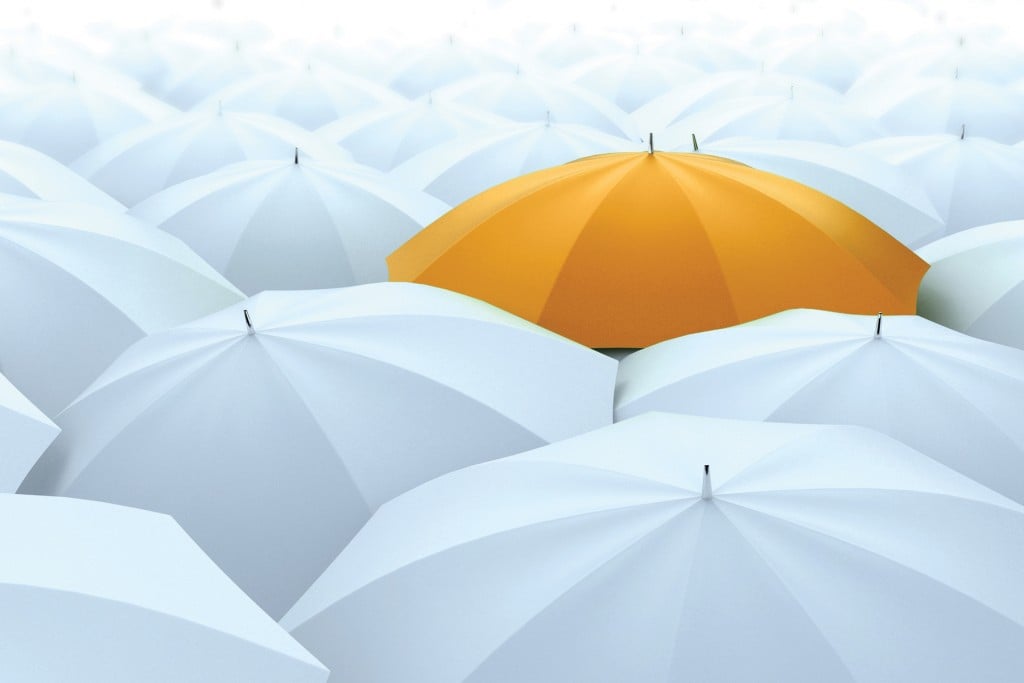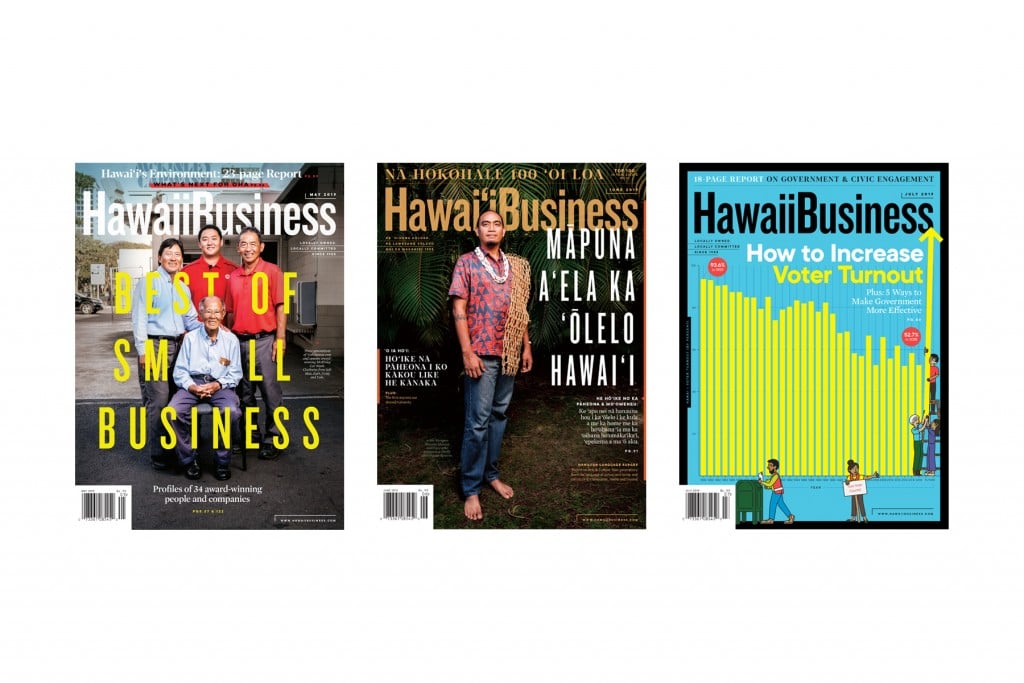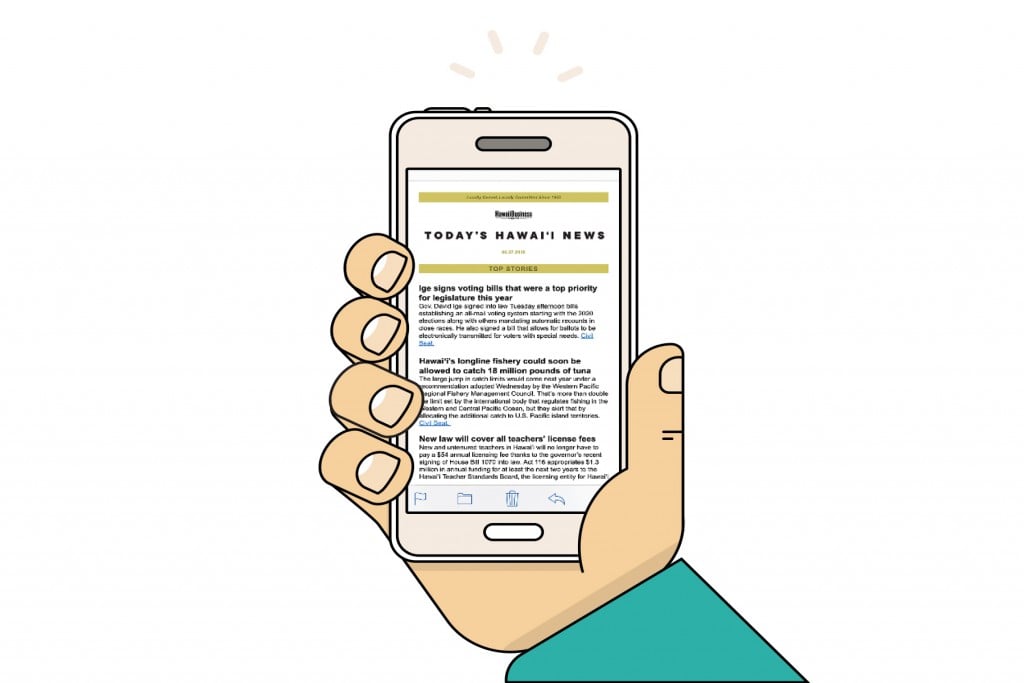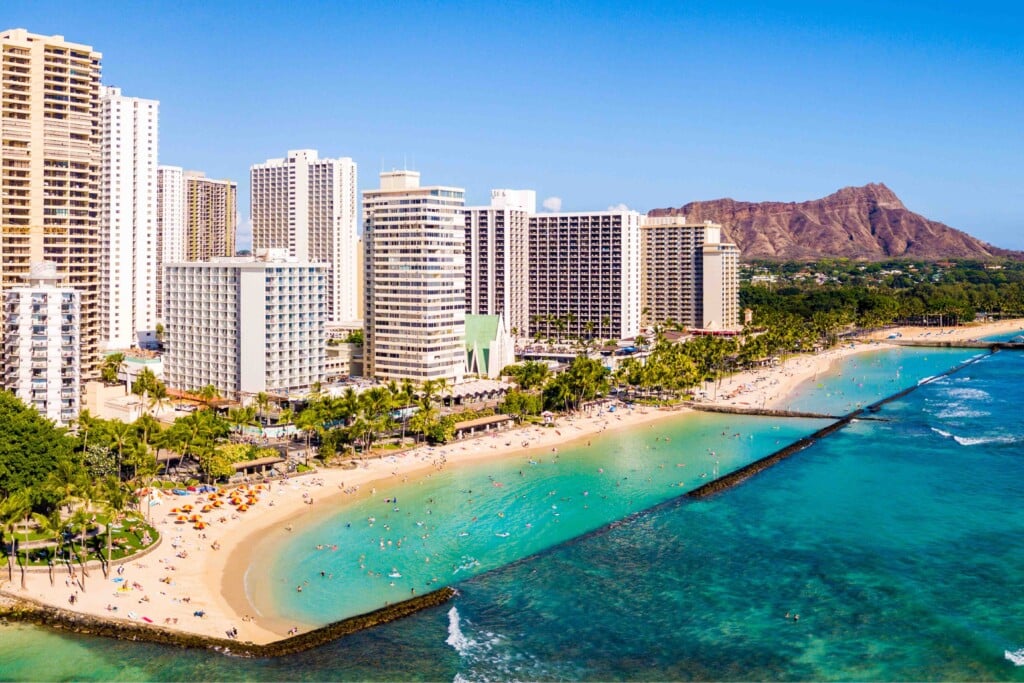Editor’s Note: I’m Trying to Understand My Privilege

I am among the most privileged people on the planet: a well-educated, healthy, tall, white, heterosexual male. I am not sure which of those adjectives provide me with more privilege than the others but I’m pretty sure the noun tops them all.
I have always been male but I wasn’t always fully “white,” which helps me recognize the power of my skin color. I was the working-class child of Polish and Ukrainian immigrants in a Toronto neighborhood that was very middle-class Anglo-Saxon when I was young. My otherness was only a tiny fraction of what would have been felt by anyone of Asian or African descent or truly poor, but it gave me a starting point for empathy.
The other starting point was seeing my two older sisters – among the smartest people I know – face unjust obstacles in their lives because of their gender. That made it easier for me to see that other women face similar obstacles.
Privilege does not mean you don’t have to work hard and smart to succeed, but it greatly improves your odds of success.
Transgender people should provide plenty of evidence for those still skeptical of male privilege. Men becoming women and women becoming men frequently remind us of the inequality of the sexes.
“I’ve lived life from both sides and I’m here to tell you the differences are massive,” says Paula Stone Williams in a TEDx talk that you can watch on YouTube (tinyurl.com/videoPaula).
Williams is well-educated, tall and white – so she retained much of her privilege when she transitioned her gender. But not all.
“There is no way a well-educated white male can understand how much the culture is tilted in his favor. There is no way that he can understand it because it’s all he’s ever known. And all he ever will know,” she says.
“And conversely, there is no way that a woman can understand the full import of that, because being a female is all she’s ever known. She might have an inkling that she is working twice as hard for half as much. But she has no idea how much harder it is for her than it is for the guy in the Brooks Brothers jacket in the office across the hall. I know. I was that guy.”
Williams offers many examples of men treating her very differently from how she was treated as a man. Yet she retains her white privilege.
I am astonished by many things in today’s America but what astonishes me the most is how many white Americans feel they suffer more prejudice than, say, black Americans. It seems impossible that such attitudes can exist with all the evidence to the contrary from our courts, police conduct, schools – even preschools – residential neighborhoods and elsewhere in our society.
Claudia Rankine is a professor of poetry at Yale University who has also taught a class on “Constructions of Whiteness,” which included examinations of things like: How did Italians, Irish and Slavic peoples in America become white?
“I wondered what it would mean to ask random white men how they understood their privilege. I imagined myself – a middle-aged black woman – walking up to strangers and doing so,” Rankine wrote in an op-ed in the New York Times. The article was actually a much more thorough and illuminating examination of the issue, and the personal encounter was just the crowning element. (Read it here.)
It also reminded me that as a white person in America, my race does not hinder my opportunities, nor my acceptance as an American. Other people are not so lucky.






